Introduce your students to making predictions in science with a set of differentiated Scientific Prediction Worksheets.
Making Predictions in Science Is Important!
Making predictions is a key step in the scientific method because it encourages students to think critically and connect their observations to potential outcomes. By forming educated guesses about what might happen during an experiment, students learn to apply prior knowledge, recognise patterns, and set the stage for meaningful investigations. Making scientific predictions also helps focus the experiment, guiding students to test their ideas and compare results.
Making Scientific Predictions Worksheets – Differentiated for Multi-Age Students
This set of science prediction worksheets provides everything your students need to confidently make and record predictions as they begin their investigations. It includes four differentiated versions to support a range of learners:
- ✏️ F-1 Science Prediction Worksheet – This template, perfect for the youngest learners, includes space for students to draw and write to share their science predictions and results.
- ✏️ 2-3 Making Scientific Predictions Worksheet (Before, During, & After) – Encourages students to make scientific predictions before, during and after a scientific experiment.
- ✏️ 2-4 Comparing Science Predictions Partner Activity – Students write their predictions and later compare them to the results of a partner, fostering reflection and data analysis.
- ✏️ 5-6 Predicting Science Experiment Needs and Results Worksheet – Provides space for advanced learners to respond to scientific prediction questions, including predicting material needs, safety issues, and experiment results.
Download Your Making Science Predictions Worksheet Pack
This resource is available as a printable PDF file and an editable Google Slides document. To get your copy, click the dropdown arrow on the download button and select your preferred resource file.
This resource was created by Kaylyn Chupp, a teacher and Teach Starter collaborator.
More Printable Worksheets for Teaching the Scientific Process to Kids
Looking for more ways to kick off your studies of the scientific method in primary school? Make sure you check out these printable scientific method games, worksheets, and activities before you go!
[resource:4400033] [resource:2082538] [resource:4599303]
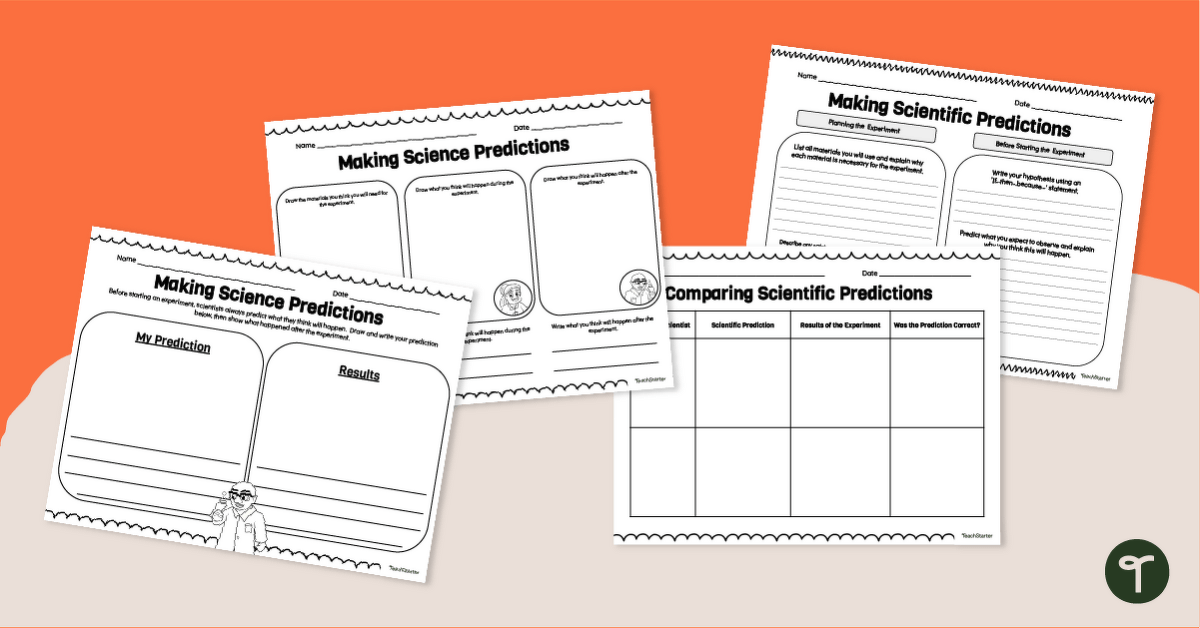


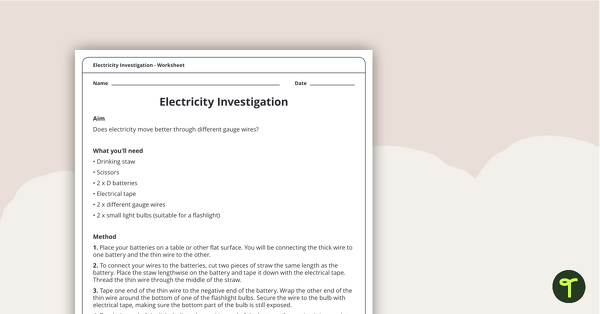
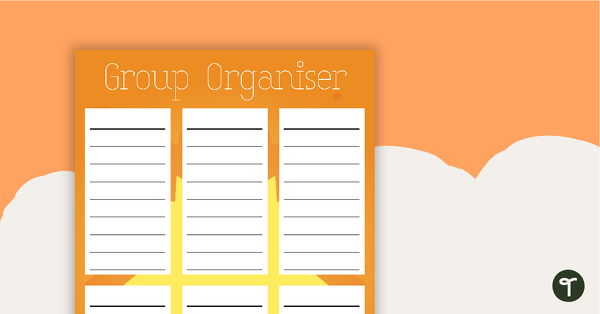
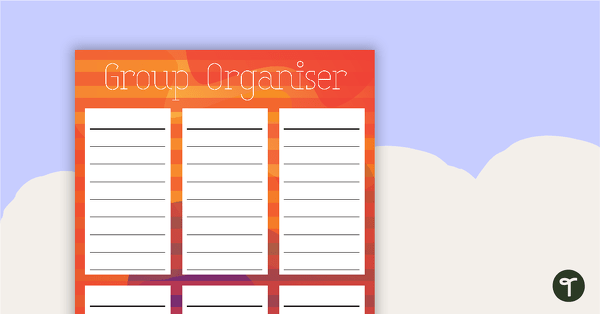
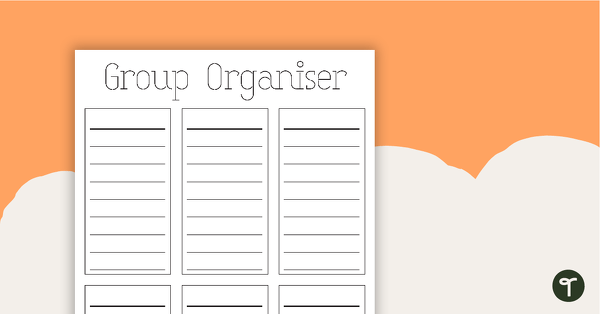
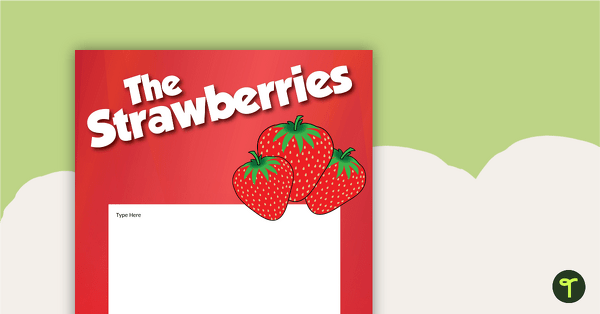
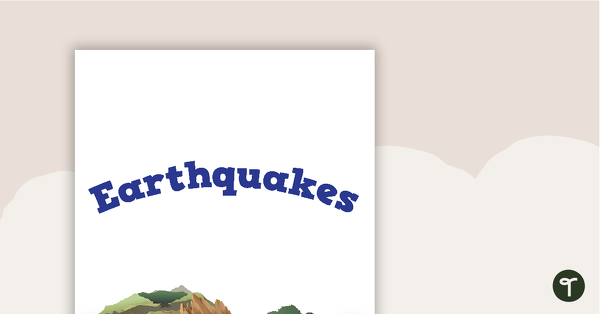
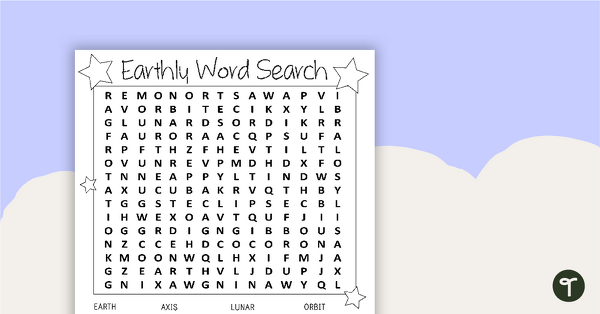
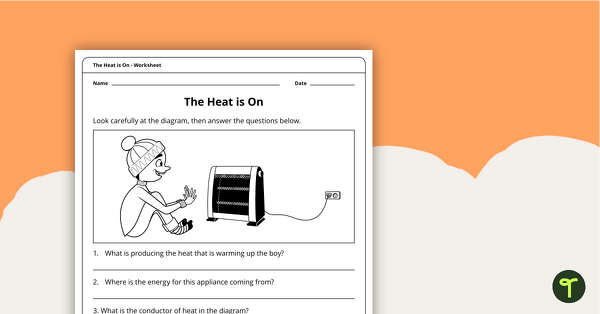
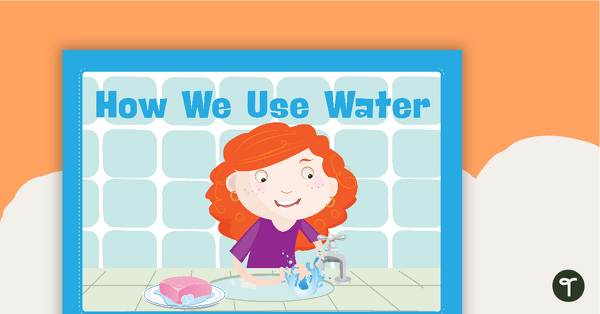
0 Comments
Write a review to help other teachers and parents like yourself. If you'd like to request a change to this resource, or report an error, select the corresponding tab above.